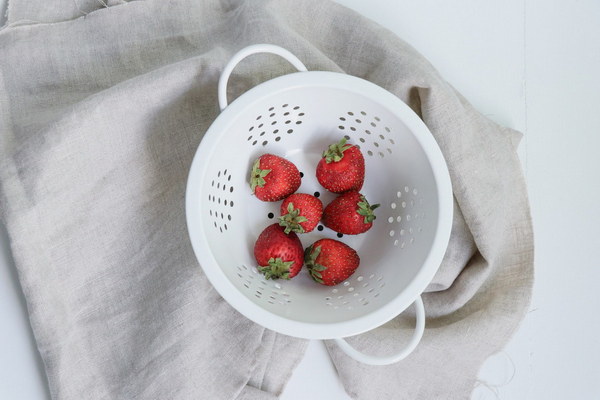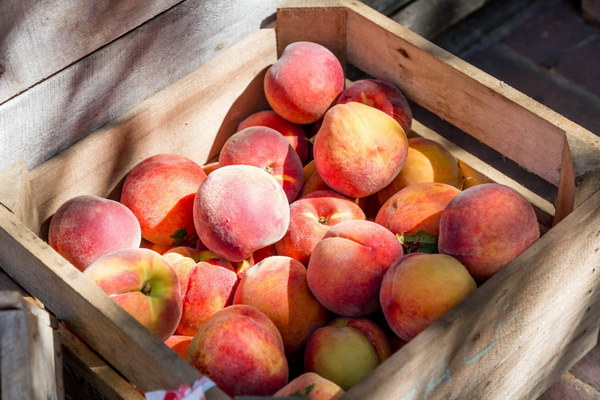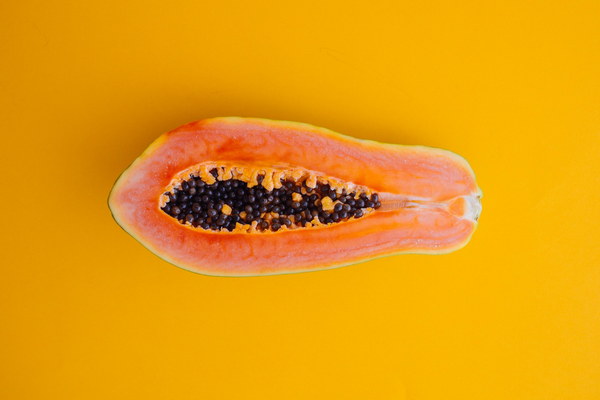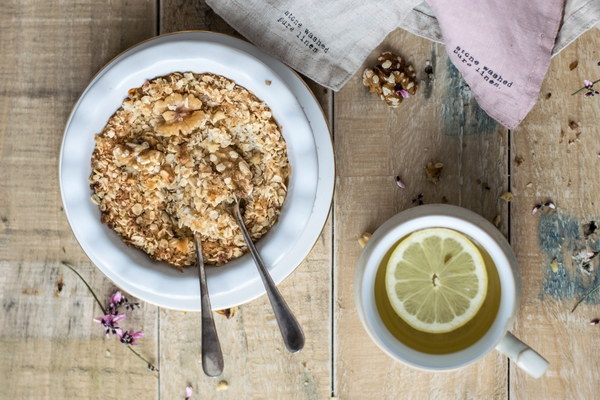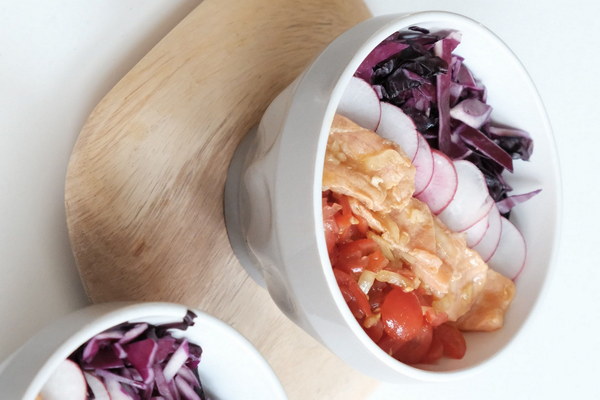Can Eating Kidney Beans Benefit Childrens Spleen and Stomach Health
Introduction:
The spleen and stomach are vital organs in traditional Chinese medicine, responsible for the digestion and absorption of nutrients. As parents, it is crucial to ensure that our children have a healthy digestive system. One common question among parents is whether kidney beans, also known as white beans or French beans, can benefit their children's spleen and stomach health. In this article, we will explore the nutritional benefits of kidney beans and their potential impact on children's digestive well-being.

Nutritional Benefits of Kidney Beans:
Kidney beans are an excellent source of essential nutrients that can contribute to a healthy digestive system in children. Here are some key nutrients found in kidney beans:
1. Protein: Kidney beans are high in protein, which is essential for the growth and repair of body tissues. Adequate protein intake can support the development of a child's immune system and aid in muscle repair.
2. Fiber: Kidney beans are rich in dietary fiber, which can help regulate bowel movements and prevent constipation. Fiber also promotes the growth of beneficial bacteria in the gut, enhancing overall digestive health.
3. Iron: Iron is vital for the production of hemoglobin, which carries oxygen to the body's tissues. Adequate iron intake can prevent iron deficiency anemia, a common condition in children that can lead to fatigue and weakness.
4. Magnesium: Magnesium plays a role in muscle function, nerve transmission, and enzyme activity. It also helps regulate blood sugar levels and supports the immune system. Magnesium deficiency can lead to digestive issues, such as constipation and abdominal pain.
5. Vitamin B: Kidney beans are a good source of several B vitamins, including folate, thiamine, niacin, and B6. These vitamins are essential for energy production, metabolism, and the formation of red blood cells.
Impact on Children's Spleen and Stomach Health:
Traditional Chinese medicine suggests that kidney beans can benefit children's spleen and stomach health. Here's how:
1. Strengthening the Spleen: The spleen is responsible for transforming and transporting nutrients throughout the body. Kidney beans' high protein and fiber content can help nourish the spleen, promoting its proper functioning.
2. Improving Digestion: The fiber in kidney beans can help regulate bowel movements, preventing constipation and promoting regular digestion. This, in turn, can reduce the risk of gastrointestinal issues, such as bloating, gas, and diarrhea.
3. Enhancing Nutrient Absorption: Kidney beans' protein, vitamins, and minerals can enhance the absorption of nutrients from other foods, ensuring that children receive adequate nourishment for healthy growth and development.
4. Supporting Immune System: The combination of protein, iron, and B vitamins in kidney beans can strengthen the immune system, helping children fight off infections and maintain overall health.
Conclusion:
In conclusion, kidney beans can be a nutritious addition to a child's diet, potentially benefiting their spleen and stomach health. The high protein, fiber, and nutrient content of kidney beans can support digestion, enhance nutrient absorption, and strengthen the immune system. However, it is important to introduce kidney beans to children gradually and in moderation, as they can be a source of gas and discomfort in some individuals. Consulting with a pediatrician or nutritionist can provide personalized guidance on incorporating kidney beans into your child's diet.


